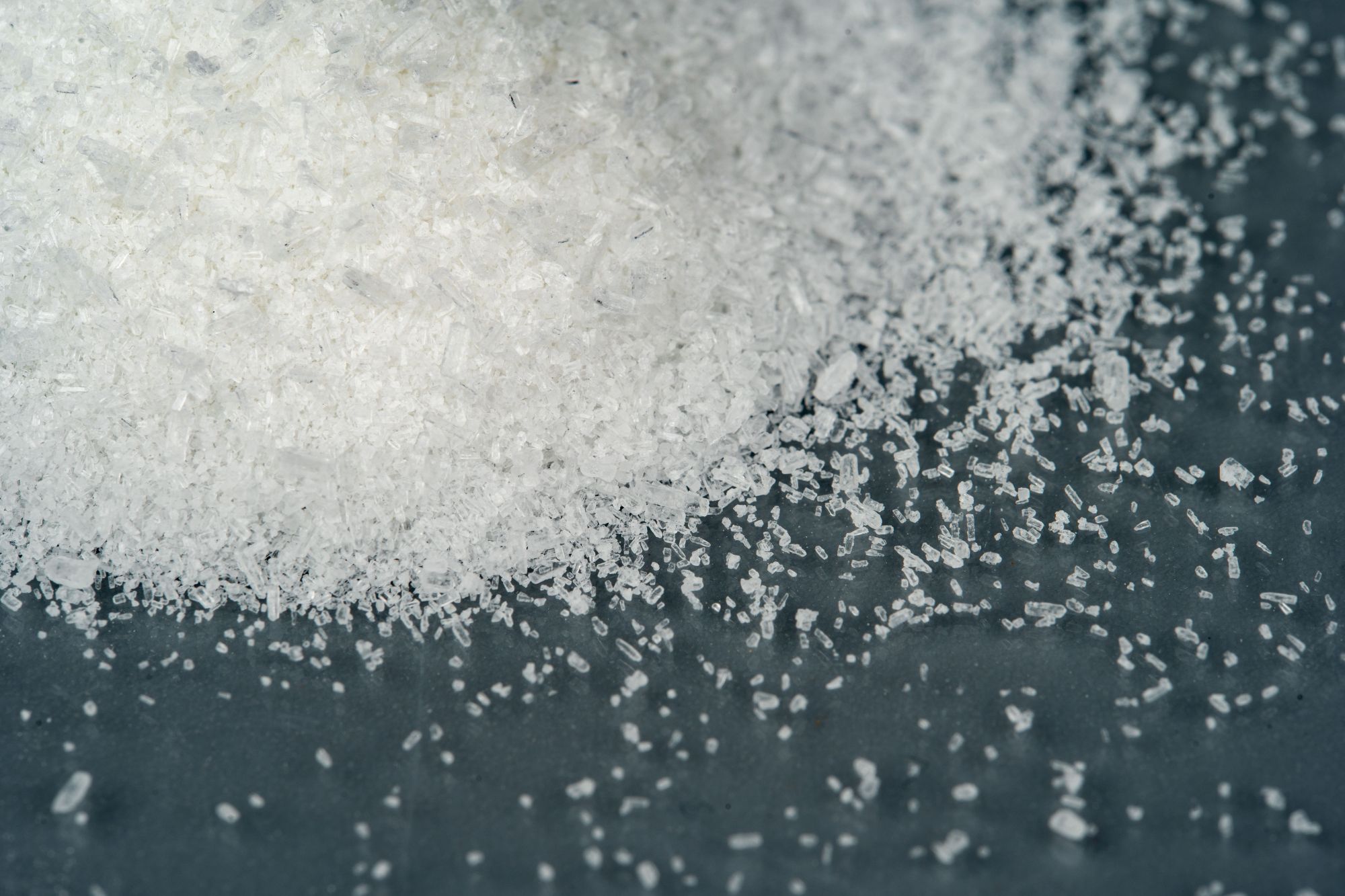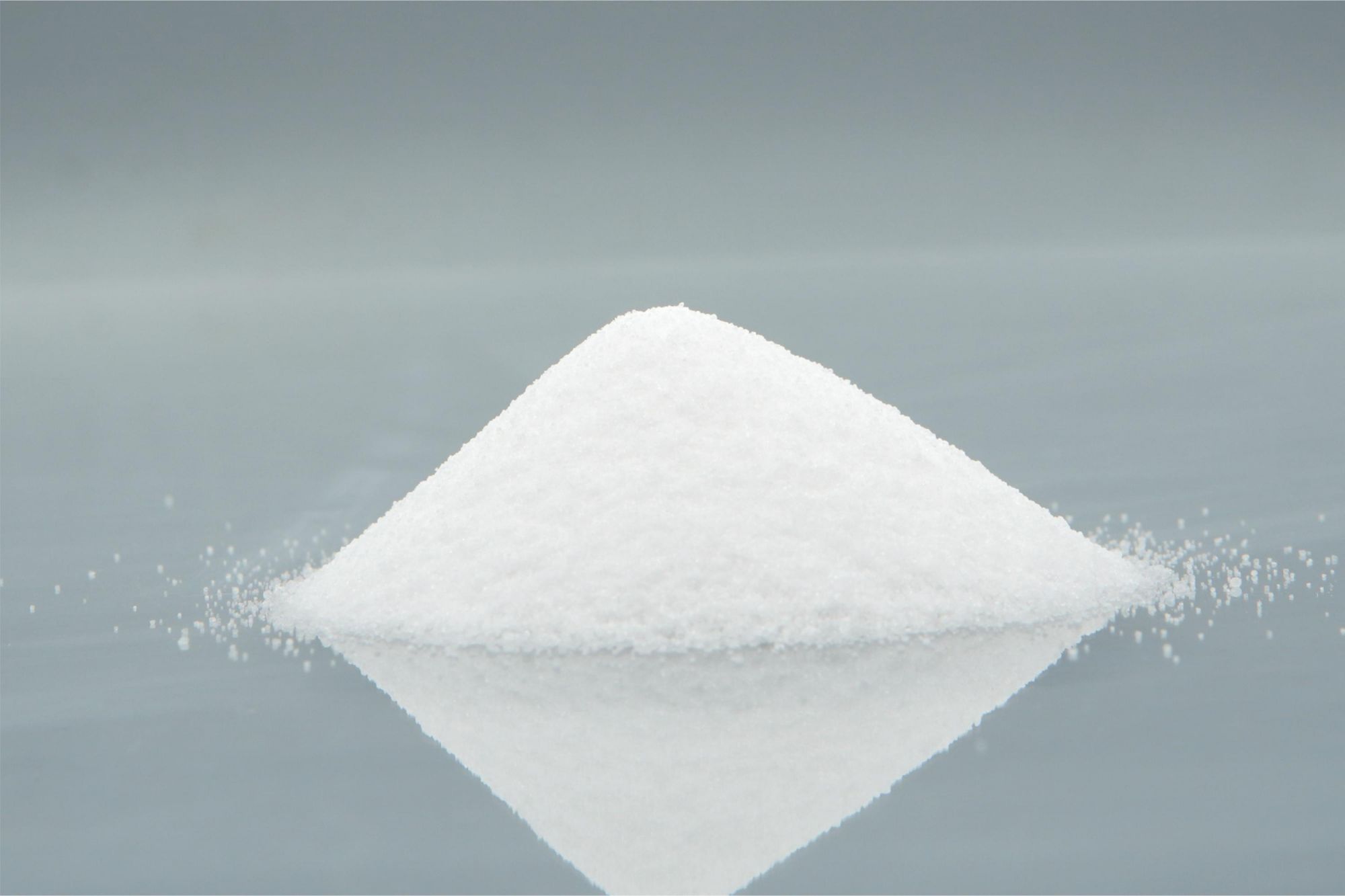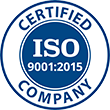Ammonium Chloride
Animal Nutrition
Ammonium chloride, a salt composed of ammonium and chloride ions, has found a niche in the animal feed industry due to its unique properties. It serves as a non-protein nitrogen (NPN) source and can play a significant role in animal nutrition when used judiciously.
Key Roles of Ammonium Chloride in Animal Feed:
- Non-Protein Nitrogen (NPN) Source: Ruminants, like cattle and sheep, can convert NPN sources into microbial protein in the rumen. Ammonium chloride provides a readily available source of nitrogen for these microorganisms, aiding in protein synthesis.
- Acidity Regulator: Ammonium chloride can help regulate rumen pH, preventing conditions like acidosis that can be harmful to the animal.
- Palatability Enhancer: When combined with other feedstuffs, ammonium chloride can improve the palatability of the overall diet, encouraging animals to consume more.
- Nutrient Utilization: By providing additional nitrogen, ammonium chloride can enhance the utilization of other nutrients in the diet, such as energy and fiber.
Agriculture Nutrition
Ammonium chloride is a widely used chemical fertilizer that provides nitrogen, an essential nutrient for plant growth. It is a quick-acting nitrogen source that is readily available to plants.
Key Roles of Ammonium Chloride in Agriculture:
- Nitrogen Source: Ammonium chloride is a primary source of nitrogen, which is a key component of plant proteins, chlorophyll, and nucleic acids.
- Soil Conditioning: Ammonium chloride can help to improve soil structure and water-holding capacity.
- pH Adjustment: It can be used to acidify alkaline soils, making them more suitable for a wider range of crops.
Other Industries
While ammonium chloride is commonly used as a nitrogen source in fertilizers and animal feed, it has a wide range of applications in various industries due to its unique chemical properties.
- Metalworking: Ammonium chloride is used as a flux in soldering and welding to clean metal surfaces and promote the flow of solder.
- Battery Manufacturing: It's a component in dry-cell batteries, where it acts as an electrolyte.
- Leather Tanning: Ammonium chloride is used in the leather tanning process to neutralize the hide and prepare it for dyeing.
- Dyeing and Printing: Ammonium chloride is used as a mordant in dyeing textiles, helping to fix the dye to the fabric.
- Food Industry: In limited amounts, it can be used as a food additive to enhance flavor and as a leavening agent.









